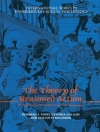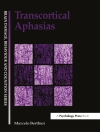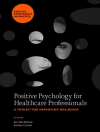Self-awareness – the ability to recognize one’s existence – is one of the most important variables in psychology. Without self-awareness, people would be unable to self-reflect, recognize differences between the self and others, or compare themselves with internalized standards. Social, clinical, and personality psychologists have recognized the significance of self-awareness in human functioning, and have conducted much research on how it participates in everyday life and in psychological dysfunctions. Self-Awareness & Causal Attribution: A Dual-Systems Theory presents a new theory of how self-awareness affects thought, feeling, and action. Based on experimental social-psychological research, the authors describe how several interacting cognitive systems determine the links between self-awareness and organized activity. This theory addresses when people become self-focused, how people internalize and change personal standards, when people approach or avoid troubling situations, and the nature of self-evaluation. Special emphasis is given to causal attribution, the process of perceiving causality. Self-Awareness & Causal Attribution will be useful to social, clinical, and personality psychologists, as well as to anyone interested in how the self relates to motivation and emotion.
Thomas Shelley Duval & Neal Lalwani
Self-Awareness & Causal Attribution [PDF ebook]
A Dual Systems Theory
Self-Awareness & Causal Attribution [PDF ebook]
A Dual Systems Theory
Compre este e-book e ganhe mais 1 GRÁTIS!
Língua Inglês ● Formato PDF ● ISBN 9781461514893 ● Editora Springer US ● Publicado 2012 ● Carregável 3 vezes ● Moeda EUR ● ID 4729992 ● Proteção contra cópia Adobe DRM
Requer um leitor de ebook capaz de DRM












